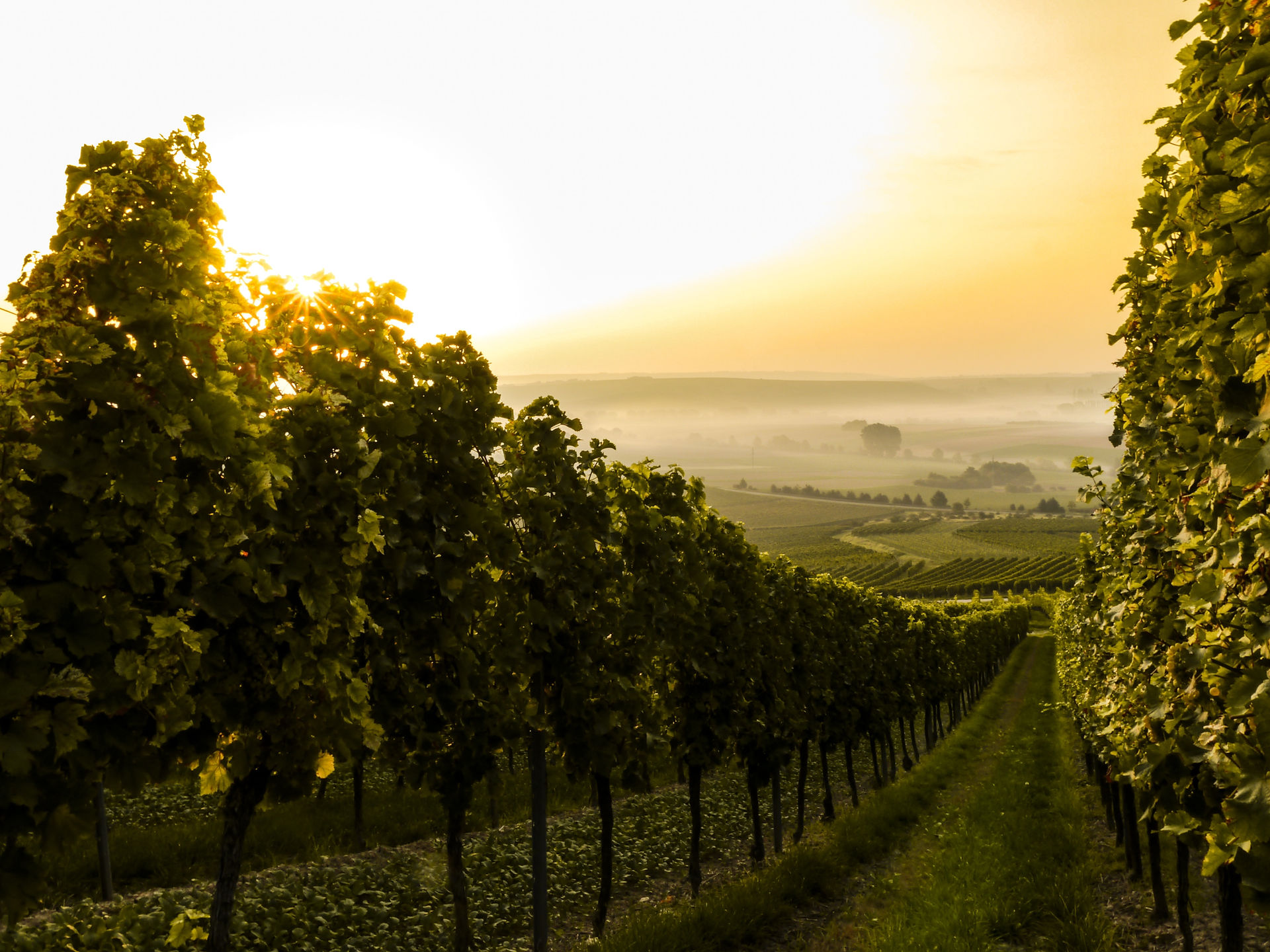The Biggest Misconception About Champagne
- Deanna Lowe

- Feb 27, 2023
- 3 min read
Updated: Feb 28, 2023
Why do people believe Champagne and sparkling wine are the same thing?
Here are my theories on why this is a misconception and how we can correct it.

One of the biggest misconceptions about Champagne that I’ve noticed, particularly in North America, is that it’s the same thing as sparkling wine. As a lover of Champagne and a person who strives to educate people on wine, I want to bring clarity to this misconception and dive deeper into how misinformation spread across our continent.

A prime example of this misconception can be told through the story of The Diet Cokange. Earlier this year, Tom Hanks invented a cocktail called The Diet Cokange, which is Diet Coke and ice mixed with a shot of Champagne. When people around the world saw him drink this on The Late Show with Stephen Colbert, a whole Tiktok trend of people trying this cocktail started. When I saw some people’s videos doing the trend, I was not surprised to find the majority of people mixing Diet Coke with sparkling wine instead of Champagne. This clearly shows that people think sparkling wine and Champagne are the same thing. To try to unravel why this is a misconception, here are my theories:
1. People get confused that Champagne is a TYPE of sparkling wine.

This reminds me of a time during my sister’s bachelorette party a couple of years back. Our group walks into the liquor store and tells the store associate “Hey, we’re looking for Champagne. What would you recommend?” He replies with “Are you looking for Champagne or sparkling wine?” Some people may have been offended by this question, but this was indeed a fair question because many people use these words interchangeably and the store associate likely experienced that with customers.
To clarify this, all Champagnes are sparkling wines, but not all sparkling wines are Champagne. Champagne is a type of sparkling wine, just like Cava, Prosecco, and Lambrusco. As well, there are many general sparkling wines that are made worldwide. Specifically, Champagne comes from the wine region of Champagne in Northern France. The name of this wine comes from the region, which is an appellation. If you don’t know, appellations are designated and legally protected geographical regions in which produce can be made under certain regulations. The concept of appellations originates from Europe and is something that is used for many things other than wine, like liquors, coffees, cheeses, and chocolates. You’ll find that many old world country wines (aka. wines that are produced in European nations) name their wines after the appellation, not the wine varieties. Chianti, Bordeaux, Port, and Beaujolais are a few examples of that. In this case, Champagne can ONLY come from the French region of Champagne. This name is legally protected globally, which is why sparkling wines made in Canada using Champagne wine varieties and winemaking techniques are listed as sparkling wines made in the traditional method. Appellations aren’t as prevalent in North America, which is why people here aren’t always educated or aware of them as Europeans are. Thus, a cause of the misconception that Champagne is sparkling wine.
2. The price point of Champagne is not always attractive, but the image is.
Let’s face it… Champagne is bloody expensive. For a regular-size of brut Champagne in Canada, the base price is $70. When I went to France, I found Champagne at a Normandy farmer’s market for 15€, equivalent to $20 CAD. The price difference blew my mind! Since Canada is farther away from the country of origin, it makes sense that the price would be higher, considering that there are more barriers to entry like import tax. As well, Canada only has Champagne from big brands, most of them owned by LVMH, so their company can dictate the global price. That’s why people in North America more often opt for general sparkling wines or sparkling wines made from affordable appellations like Cava and Prosecco. They’re not exactly Champagne, but can offer a similar experience to enjoying Champagne. If that's what people are aiming for, they may just default to saying “we’re drinking Champagne” over “we’re drinking sparkling wine”. Saying the former is a lot more attractive than saying the latter, but at this point, misinformation is spread. Everyone likes the idea of drinking Champagne, but not everyone is willing to pay the price tag of Champagne.
Thanks for reading! If you want to learn more about Champagne, check out the blog posts below.




Comentários